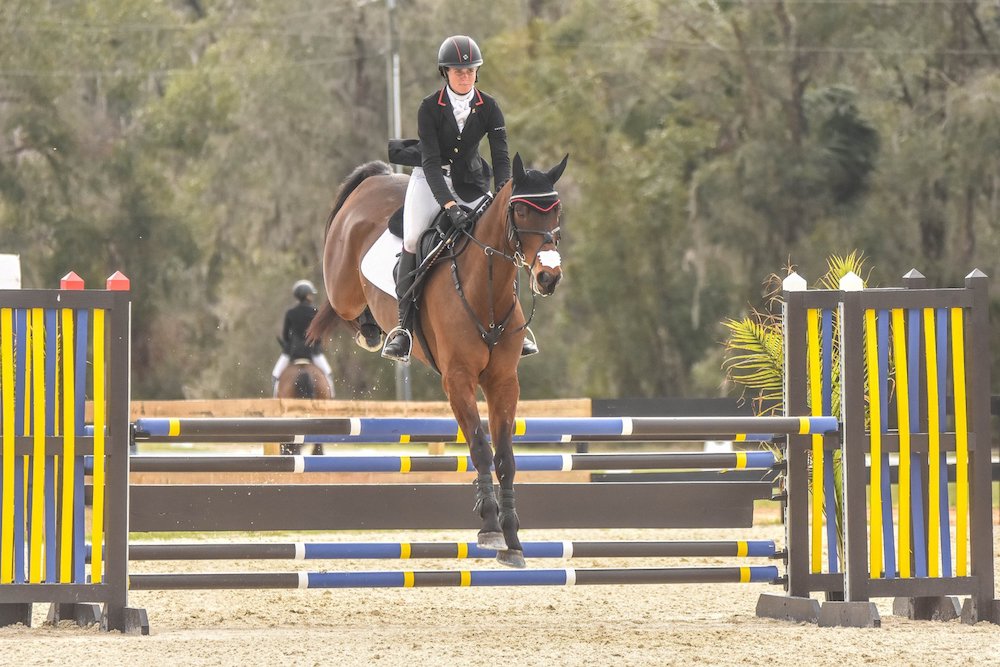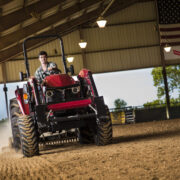Mythbusters: Lower Level Horses Don’t Need to Be Fit

Think of the last time you ran a mile. If you’re anything like me, you’ve neglected your cardio a bit and find yourself struggling a bit when you haven’t run in awhile. Your lungs burn, your muscles cramp, and all you want is a five hour nap and a twelve pack (of donuts). Meanwhile, your neighborhood marathon runner breezes by, probably on mile 18 or 25. While that marathon runner may be working much harder than you, that doesn’t mean you shouldn’t give yourself the proper post-care to aid in recovery and the buildup of fitness.
The same can be said for horses. Many trainers will agree that a reasonably athletic and trainable horse should be able to jump around a 3-foot course with minimal trouble. Similarly, the average, reasonably fit human should be able to complete cardio interval exercises.
Individuals (both horse and human) who don’t have a strong baseline of fitness are more likely to experience muscular soreness, fatigue and other prolonged recovery ailments. While the amount of raw talent and athleticism may be lower than that of the 1.60m grand prix jumper horse or the four-star event horse, it’s perhaps even more beneficial to work fitness into the routine of even the lower level horses.
“Although a Training level event horse may not be exercising at the same load as a four-star horse, the amount of fitness work should be an appropriate and integral part of the horse’s schedule.”
After all, overall fitness will reduce risk of injury due to fatigue.
Take the equine respiratory system, for example. While respiratory health is not dependent on fitness, it’s imperative to give horses the best possible breathing ability, particularly when they’re asked to work harder. Helpful items such as FLAIR Equine Nasal Strips are particularly useful for giving horses an added boost.
By supporting the nasal passages, FLAIR strips allow the horse to quite literally breathe easier, lowering resistance so that the horse can properly allow the movement of sufficient air in and out of its lungs.Now, while your lower-level horse may not be undergoing the same strenuous work as the top horses, but this doesn’t mean that the benefits aren’t there. A horse who has an easier time breathing will perform better under those stressors such as rigorous activity. If anything, a lower level horse could benefit from the same treatments as an upper level horse simply because his recovery time may be longer due to a lower level of overall fitness.
According to a study done by Utretcht University in the Netherlands, horses with a lower level of conditioning are more likely to suffer injuries earlier in a training period. Just as you find yourself gasping and doubled over after a game up pick-up flag football on Thanksgiving, your horse may feel the same after being asked to go cross country schooling for the first time in years.
“Reasonably athletic” need not equate less attention to fitness.
After all, your lower-level jumper could be performing to the utmost of his ability and potential – even if this ceiling is lower than your own, he still deserves to be in a program that will keep him healthiest and soundest.
Photography by JJ Sillman.



